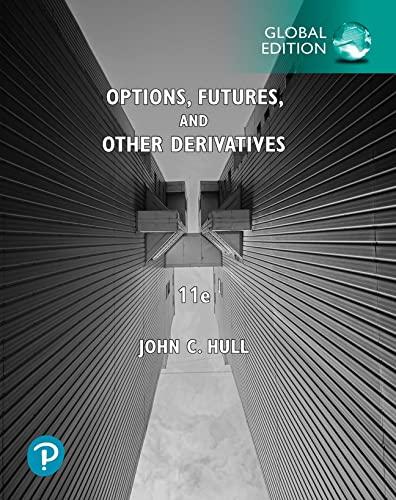Question
Chic Cycle Inc., has two divisions, A and B, that manufacture expensive bicycles. Division A produces the bicycle frame, and division B assembles the rest
Chic Cycle Inc., has two divisions, A and B, that manufacture expensive bicycles. Division A produces the bicycle frame, and division B assembles the rest of the bicycle onto the frame. There is a market for both the subassembly and the final product. Each division has been designated as a profit center. The transfer price for the subassembly has been set at the long-run average market price. The following data are available for each division:
| Selling price for final product | $320 |
| Long-run average selling price for intermediate product | 225 |
| Incremental cost per unit for completion in division B | 140 |
| Incremental cost per unit in division A | 120 |
The manager of division B has made the following calculation:
| Selling price for final product |
| $320 |
| Transferred-in cost per unit (market) | $225 |
|
| Incremental cost per unit for completion | 140 | 365 |
| Contribution (loss) on product |
| $(45) |
| 1. | Should transfers be made to division B if there is no unused capacity in division A? Is the market price the correct transfer price? Show your computations. |
| 2. | Assume that division A's maximum capacity for this product is 1,500 units per month and sales to the intermediate market are now 1,000 units. Assume that for a variety of reasons, division A will maintain the $225 selling price indefinitely. That is, division A is not considering lowering the price to outsiders even if idle capacity exists. Should 500 units be transferred to division B? At what transfer price? |
| 3. | Suppose division A quoted a transfer price of $180 for up to 500 units. What would be the contribution to the company as a whole if a transfer were made? As manager of division B, would you be inclined to buy at $180? Explain. |
| 4. | Suppose the manager of division A has the option of (a) cutting the external price to $220, with the certainty that sales will rise to 1,500 units, or (b) maintaining the external price of $225 for the 1,000 units and transferring the 500 units to division B at a price that would produce the same operating income for division A. What transfer price would produce the same operating income for division A? Is that price consistent with that recommended by the general guideline so that the resulting decision would be desirable for the company as a whole? |


Requirement 1. Should transfers be made to division B if there is no unused capacity in division A? Is the market price the correct transfer price? Show your computations. Not answered yet: P22-27 (similar to) Question Help o Chic Cy Begin by calculating the gain or loss if transfers are made to division B when there is no unused capacity in division A. Select the formula you will use and enter the amounts. (Use parentheses or a minus sign for a loss.) Incremental revenue Incremental cost 4400 = = Gain (loss) from transfer $ 451 Should transfers be made to division B if there is no unused capacity in division A? No Select the formula you will use to calculate the correct transfer price. Opportunity cost per unit Incremental cost per unit = Minimum transfer price Opportunity cost per unit Incremental cost per unit = = Minimum trar Not answered yet: P22-27 $ 225 265 + $ Is the market price the correct transfer price? Yes
Step by Step Solution
There are 3 Steps involved in it
Step: 1

Get Instant Access to Expert-Tailored Solutions
See step-by-step solutions with expert insights and AI powered tools for academic success
Step: 2

Step: 3

Ace Your Homework with AI
Get the answers you need in no time with our AI-driven, step-by-step assistance
Get Started


